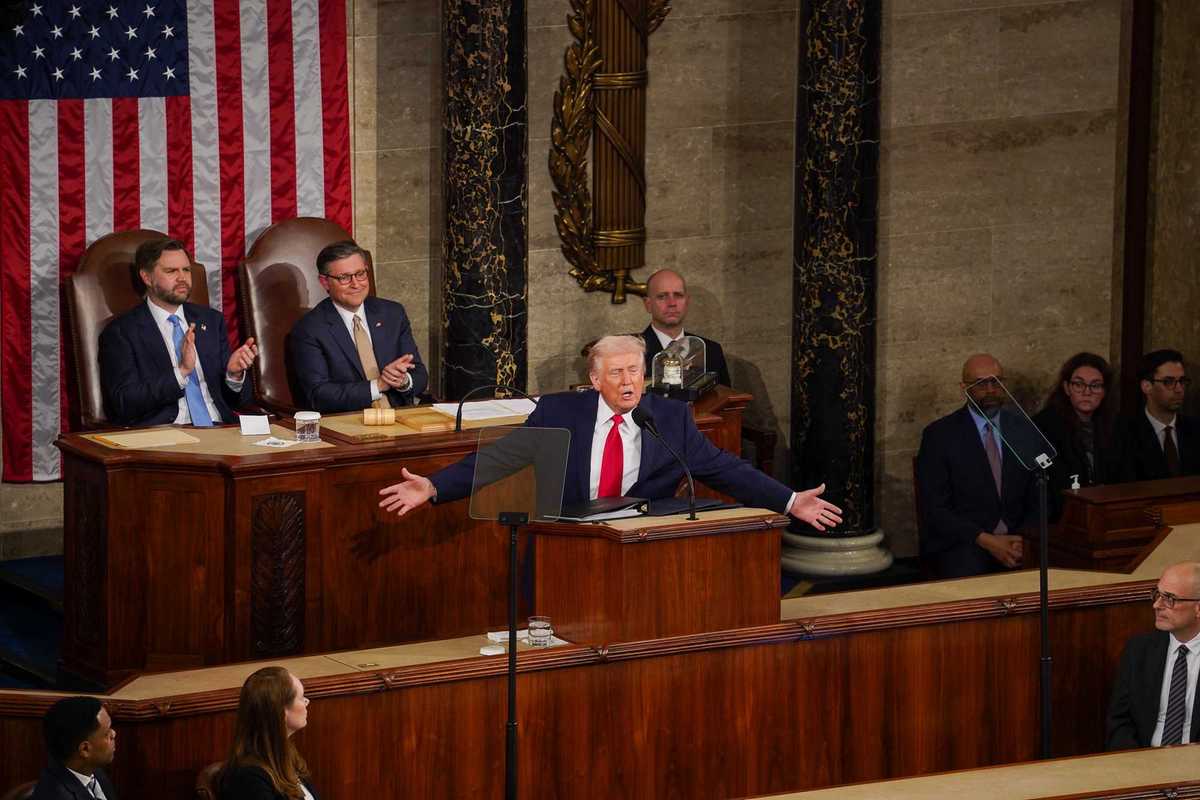"As America approaches its 250th birthday, growing polarization threatens our national unity, democracy, and security. We can’t afford to wait—we must address this divisiveness now," reads The Institute for Citizens & Scholars' mission in charting a peaceful path forward with well-informed citizens, productively engaged and committed to democracy.
The Institute for Citizens & Scholars brings together leaders from all backgrounds to transform college campuses, workplaces, and communities into spaces where young people can bridge divides and solve problems.
Audra Watson is the Chief of Youth Civic Programs with C&S. She leads youth-facing initiatives seeking to activate young people so that they have the skills needed to discuss important topics that divide us and can constructively engage in problem-solving within their communities.
She and I met at the National Conference on Citizenship, hosted in Washington, DC, in December. I had the chance to meet some of the winners of the Youth Civic Solutions Competition, who discussed innovative ideas for civic engagement from a youth perspective. Learn more about the program and the brilliant students by reading The next generation of civic innovators offers hope for democracy by Bradford Fitch.
I had the opportunity to speak with Audra Watson in a recent episode of American Democracy Forum, where she shared with me the work she leads with C&S, her experience as an educator, and who and what inspires her work.
Click here to watch the interview: https://www.youtube.com/watch?v=hNF6c UOGe70
Previously, Watson held several leadership positions within the New York City Department of Education. In her role as Executive Director, she spearheaded strategies dedicated to supporting and retaining early career teachers within the school district. Serving as the Director of Mentoring & Induction, Audra took the helm in creating a district region-wide induction plans tailored for new educators. She earned her BA in Political Science from Carleton College, MA in Education from Columbia University, and Ph.D. in Urban Education Policy from the City University of New York Graduate Center.
Here are other Change Leaders who I had the opportunity to interview as part of the American Democracy Forum series:
- Sam Daley Harris, founder of Civic Courage
- Sylvia Puente, President & CEO, Latino Policy Forum
- Jaisal Noor, Solutions Journalism Network's Democracy Cohort Manager
I am the Fulcrum's executive editor. As a journalist, I take a collaborative approach to paving the path forward to a more informed and engaged citizenry, fortifying the foundations of democracy.





















